Teddy Talks
Access Hall Areas – 4-5 May 2019
Teddy Talks were part of the inaugural Access Hall Areas event, that took place at the College on Saturday 4 May and Sunday 5 May. Sessions included three short, accessible talks (lasting around ten minutes each) given by our academics and postgraduate students on an aspect of their research. All the talks were aimed at a non-specialist audience. To find about about the speakers and their research, please browse the information below.
Please note that the talks were aimed at an adult audience, with the exception of the interactive ‘Maths v Sport’ talk by Dr Tom Crawford (session 2 on Saturday 4 May) which was suitable for children aged 10+
- Session 1 (Saturday)
- Session 2 (Saturday)
- Session 3 (Saturday)
- Session 4 (Saturday)
- Session 5 (Sunday)
- Session 6 (Sunday)
Saturday 4 May: 11.15am-12.00pm
Please note these talks are suitable for an adult audience
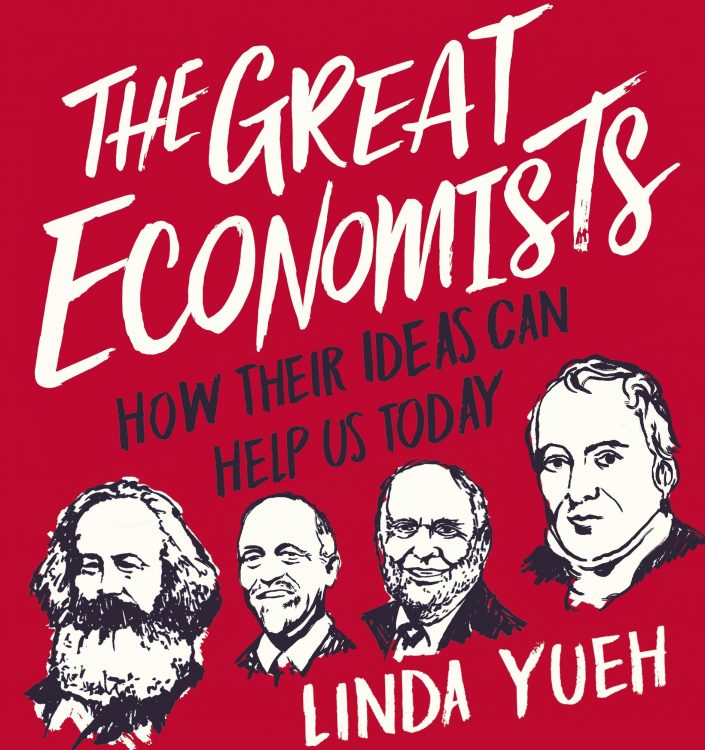
Dr Linda Yueh: The Great Economists: How Their Ideas Can Help Us Today
Dr Linda Yueh, Fellow by Special Election in Economics, will speak about the ideas that have changed the world and how those ideas can help us today.
The talk will be drawn from her latest book, The Great Economists, and she will cover the biographies of the great thinkers as well as the enduring impact of their ideas. And most importantly, how the lessons from history can help us address some of our biggest economic challenges today.
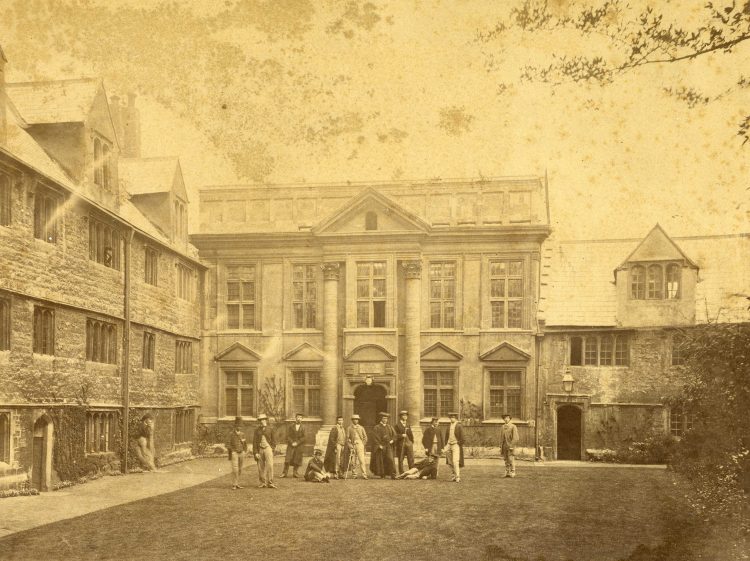
Rob Petre: 13/17: a history of the Hall in 13 records (but 17 images)
Rob Petre, the College Archivist, will provide some fascinating insights on the long history of St Edmund Hall, drawing on records and images from the College archives.
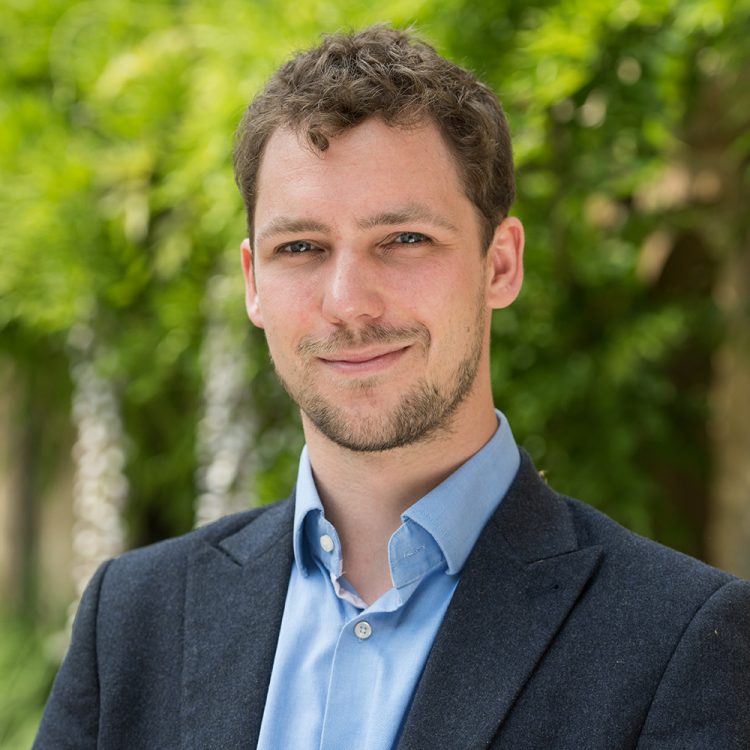
Ronnie Guthrie (DPhil Earth Sciences): Earth’s history: Rocks, Life and Mystery
Ronnie Guthrie, Middle Common Room (our postgraduate student body) President, will talk about how our planet has undergone tremendous change in the past 4.5 billion years, and yet life has managed to overcome each obstacle that has tried to thwart its progress. From ‘Snowball Earth’ to the extinction of the dinosaurs, our planet’s geological past is preserved in rock and learning how to read those rocks can not only unlock the secrets of the past, but can help us solve the problems of tomorrow, today.
Saturday 4 May: 12.45-1.45pm
Please note this talk is suitable for adults and children aged 10+

Dr Tom Crawford - Maths v Sport
How did England beat Colombia on penalties? What is the fastest a human being will ever run a marathon? And where is the best place to attempt a world record? Maths has all of the answers and I’ll be telling you how to use it to be better at sport (results may vary).
Tom Crawford is a maths tutor at St Edmund Hall with a mission to share his love of maths with the world. His award-winning website tomrocksmaths.com features videos, podcasts, articles and puzzles designed to make maths more entertaining, exciting and enthralling for all. Whether he’s performing live as the Naked Mathematician with Equations Stripped, telling you the fun facts about numbers that you didn’t realise you’ve secretly always wanted to know with his Funbers series on the BBC, or getting another maths tattoo (6 and counting), it’s safe to say Tom is always finding new ways to misbehave with numbers! Follow him on Facebook, Twitter, Instagram and YouTube @tomrocksmaths for the latest updates.
Saturday 4 May: 2.30-3.30pm
Please note these talks are suitable for an adult audience
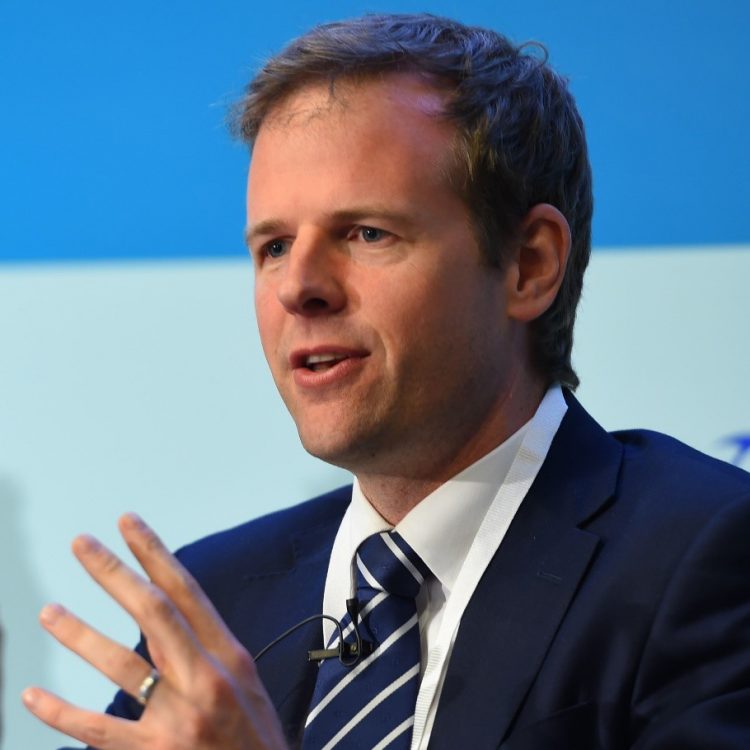
Prof. Cameron Hepburn: An energy system built on human intellect
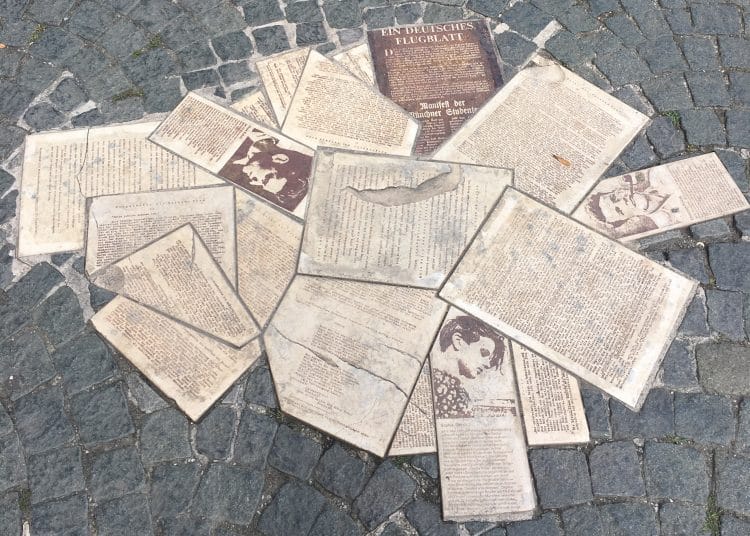
Dr Alex Lloyd: Defying Hitler: The White Rose Resistance
In 1943, five students and a professor at the University of Munich were executed for treason. They were members of The White Rose (Die Weiße Rose), a clandestine group that wrote and distributed political pamphlets calling on the Germans to resist Hitler. The pamphlets draw on a range of philosophical ideas and influences and urge readers to open their eyes to the atrocities being committed in the name of the regime: ‘Act – prove that you think differently!’. This talk introduces the group and presents their texts as an example of the power of the written word and how culture can inform political action.
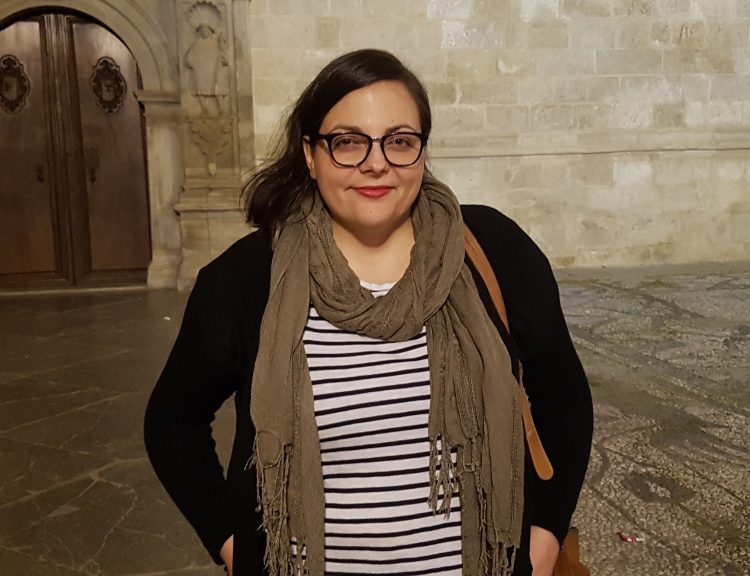
Dr Alexandra Vukovich: The Land of Darkness and the Global Middle Ages’
Why do we find coins from Central Asia and silver from Iran in Lincolnshire? What prompted medieval people to pack up and look for opportunity and adventure elsewhere? Beyond the well-known story of the Vikings in Britain is that of assorted groups and individuals who travelled across the north and the Eurasian Steppe, exchanging trade goods and sometimes settling along pathways. This talk explores the role of objects (coins, belt buckles, broaches, etc.) in medieval history and what these banal things can tell us about trade, travel, and exchange from Ireland to China in the so-called Dark Ages.
Jeanne Ryan (DPhil Education): Reading between the lines: how do we assess reading comprehension in multicultural societies?
How can we tell when a student has understood a reading passage? What types of questions should be asked and, importantly, what types of texts should be selected for students to read in the first place? In this talk, Jeanne will use the example of GCSE English (which some of you might remember fondly or, perhaps, not so fondly) to discuss how reading comprehension can be assessed in a multicultural context.
Saturday 4 May: 4.00-4.45pm
Please note these talks are suitable for an adult audience
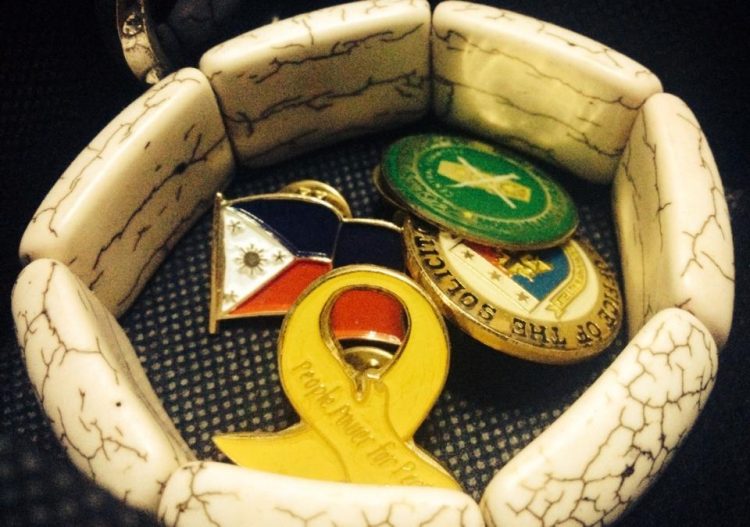
Armi Bayot (DPhil Law): Peace Processes and Political Inclusion: How Do We Account for the Uninvited?
Peace agreements address armed conflicts by providing a framework within which the competing political claims of the contending parties can be accommodated. Peace agreements perform a dual role – they are both a conflict management tool and a post-conflict constitutional bargain. No armed conflict fully corresponds with all the competing political interests in a geographic space, and yet peace talks geared towards the conclusion of a political deal are exclusive to the parties to the armed conflict, and other stakeholders are generally not invited to the negotiation table.
Using the Lumad experience in the Bangsamoro peace process as an example, I will discuss whether peace agreements merely codify the existing exclusionary politics in a given conflict context. I will also explore whether the ways in which we conduct peace processes can be improved to promote political inclusion.
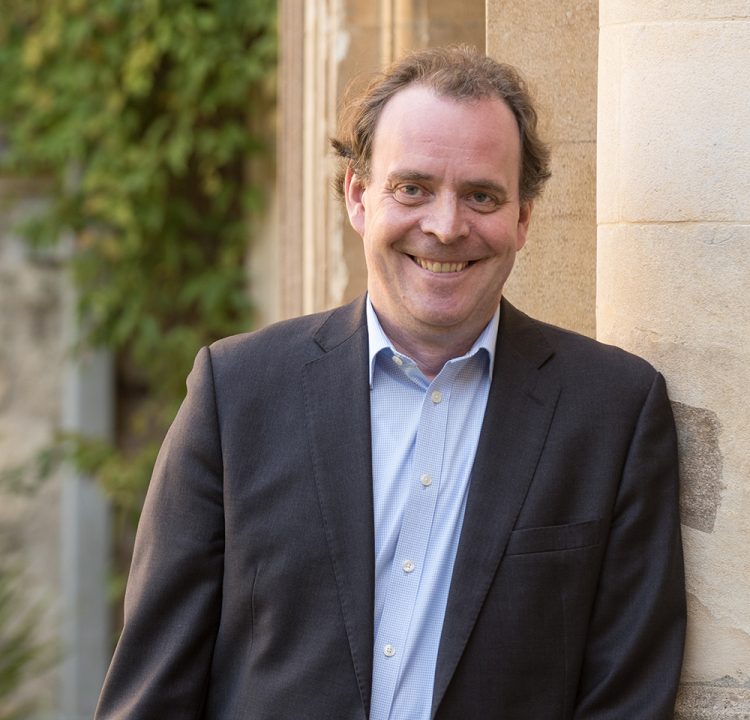
Prof. Robert Wilkins - An Open and Shut Case: Membrane Transport in Health and Disease
Prof. Robert Wilkins will explain the role of transport proteins and how we can target them to treat a broad spectrum of diseases, from arthritis to cancer.
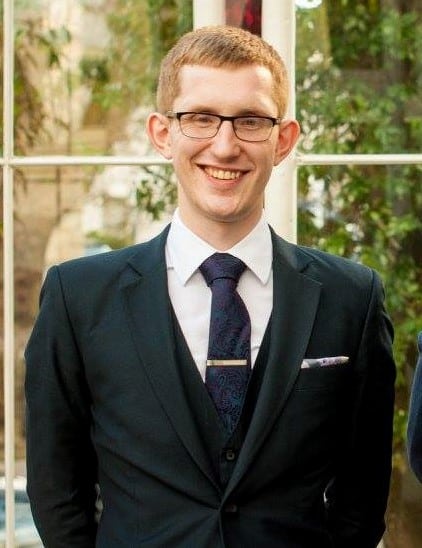
John Waite - Fusion Reactors: cages built for a sun
Nuclear fusion promises to be the perfect power source, turning sea water into a limitless supply of energy that is both safe and clean. But harnessing the power of the sun without damaging your equipment is no small feat; this talk will discuss what materials we can use to build a cage for a sun, and what tools scientist have to design it.
Sunday 5 May: 2.30-3.15pm
Please note these talks are suitable for an adult audience

Prof. Cameron Hepburn: An energy system built on human intellect

Rob Petre: 13/17: a history of the Hall in 13 records (but 17 images)
Rob Petre, the College Archivist, will be providing some fascinating insights on the history of St Edmund Hall, drawing on records and images from the College archives.

John Waite - Fusion Reactors: cages built for a sun
Nuclear fusion promises to be the perfect power source, turning sea water into a limitless supply of energy that is both safe and clean. But harnessing the power of the sun without damaging your equipment is no small feat; this talk will discuss what materials we can use to build a cage for a sun, and what tools scientist have to design it.
Sunday 5 May: 4.30-5.15pm
Please note these talks are suitable for an adult audience
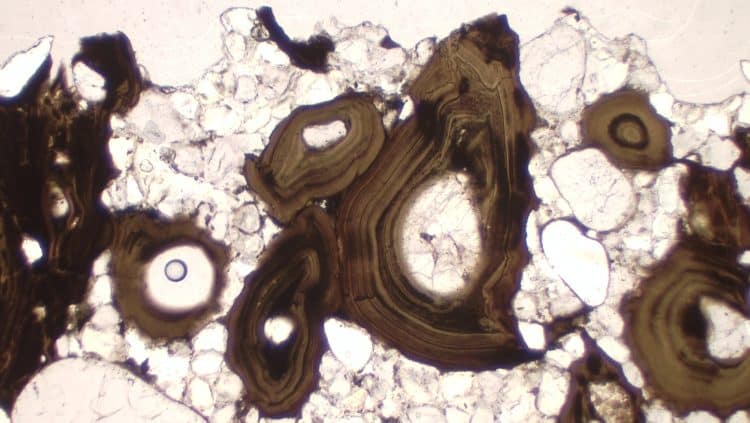
Brooke Johnson – Building Bridges: How geology links our everyday lives to the ancient past
Geology is the art of reading the story of the Earth as recorded in the rocks and landscapes around us. This story encompasses billions of years but is as much about our everyday lives as it is about the colossal forces that move continents, build mountains and change the global climate. In this talk Brooke Johnson will describe how the behaviour of ancient creatures created his home town, was instrumental in the building of a world famous feat of engineering, and led to his life-long interest in geology.
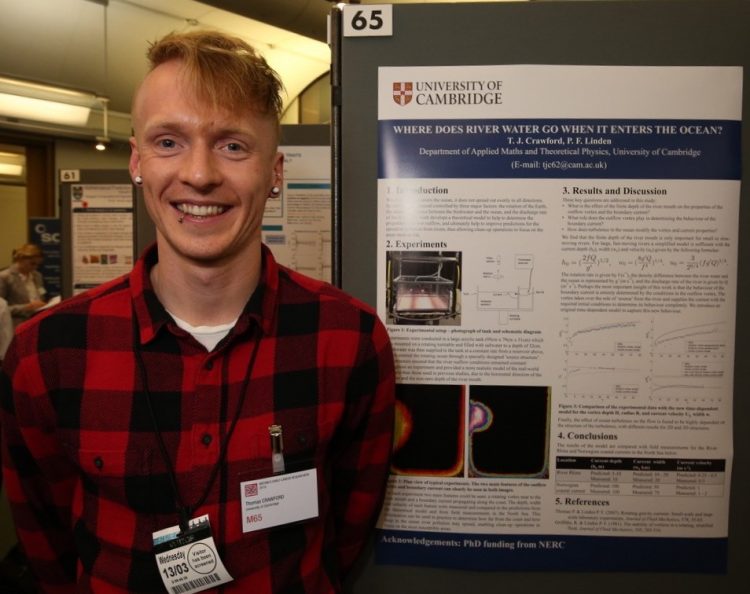
Dr Tom Crawford: Using maths to clean-up our oceans
Rivers are the major source of pollution in the oceans and if we are to clean them up, we first need to know where the majority of the pollution is concentrated. By creating a mathematical model for river outflows – verified by laboratory experiments and fieldwork – the goal is to be able to predict which areas are most susceptible to pollution from rivers and thus coordinate clean-up operations as effectively as possible.
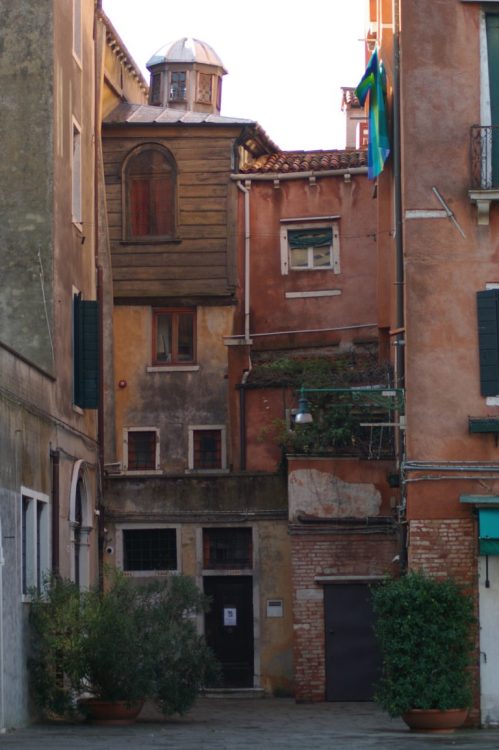
Prof. Nick Davidson - Insiders, outsiders, and streets full of water
How can we explain the survival of an open, multi-cultural, and global community in an age of growing division, intolerance, and violence? Nick Davidson, Fellow and Tutor in History, explores this problem using evidence from an anomalous city in the past, whose close neighbours and allies questioned both the values and the motives of its citizens. The investigation raises questions about the purpose of government, the bases of social order, and the relationship of law and personal freedom.